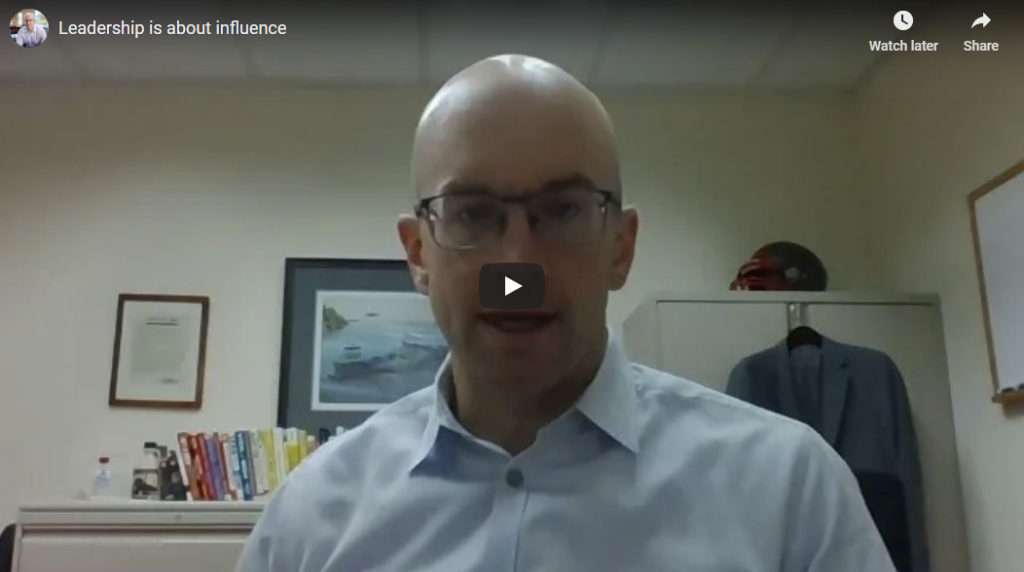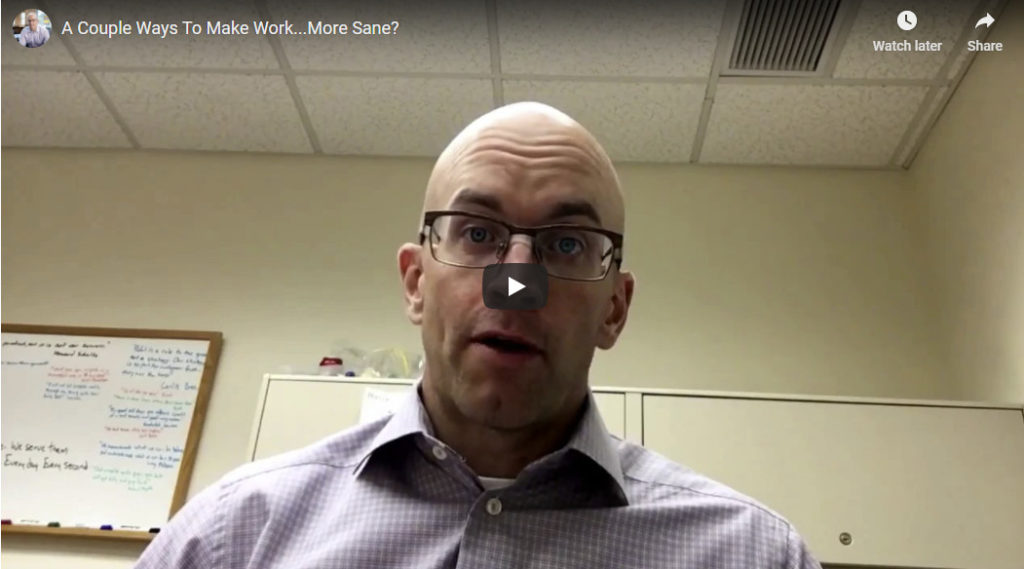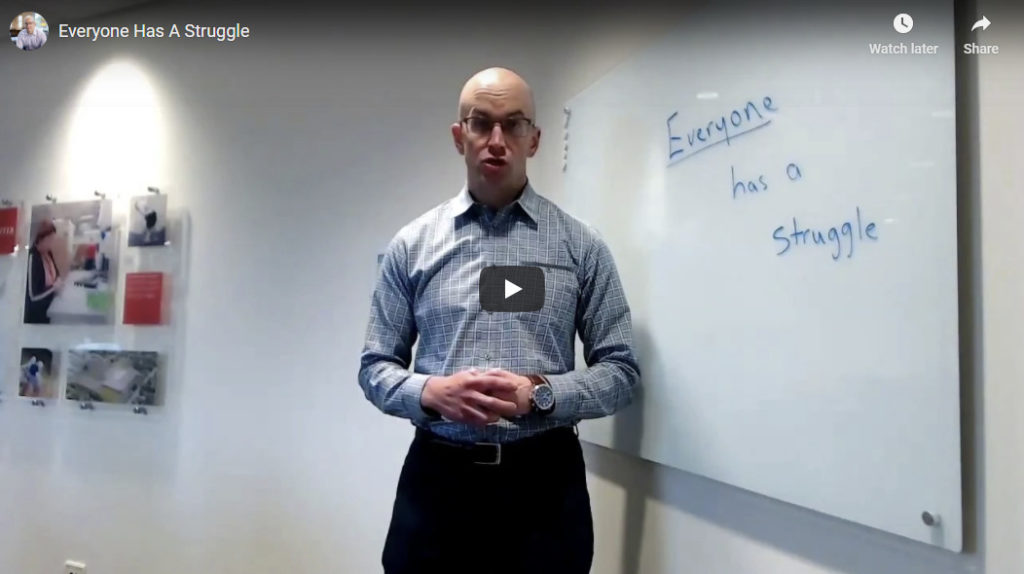#TheWeekly
#TheWeekly is an almost weekly review post that models weekly reflection. To be someone worth following, you need to reflect and learn. You also need to be thankful for what you have. #TheWeekly aims to do these things.
What did I do well this week? (I will always start here because I can list 90 things I felt I did wrong this week, and every week!). On Thursday I spoke about Leadership at the MAPP Conference in Indianapolis. So, anytime I get in front of an audience and speak I did something well by SHOWING UP. I’m always a little nervous, even a little insecure, so this takes guts.
What did I learn this week? Breakups are hard. I’m a Joe Maddon apologist, but maybe it was time for him to split with the Chicago Cubs? I don’t know. What I learned from that situation is the following: The Cubs would have been better making the move last year if he was never coming back. While I cannot definitively prove this, I suspect that the lack of certainty played some role in their inability to find any consistency this year. Leaders: Our team-members cannot perform at their best if they are always looking over their shoulder, or wondering if they are going to be back. Since March, EVERYONE associated with the Cubs wondered if Joe was going to be back. That is NOT healthy.
What am I going to do with what I learned? I don’t want our team members to be on one year contracts per se. Therefore, I am going to make things abundantly clear and give as much SECURITY as I can offer. I’ll repeat, I believe that with security comes people’s best. (Of course, there needs to be a balance because too much security can create complacency. But, “singing for your supper” every year is no way to live).
What is something positive I can share about the world? The Chicago Bears are 3-1. We had a few Minnesota Vikings fans to our tailgate Sunday. We laughed, did NOT talk any trash to each other, and had a good time. If only Congress could remember that the “other” side is human as well.
What is a confession or embarrassing admission? I hope that I don’t sound holier than thou with the #theothursday posts. This week I have felt like I am drifting a little in my spiritual walk. I’m self-centered too often. I am stubborn, meaning I want to do what I want to do. I also often think I have the right answer. I confess that all this is true about me, which is why I am entirely dependent on Jesus.
What did I notice, or love, or find funny about Parenthood? If there is anything better than your three kids singing you happy birthday I haven’t found it.
What do I appreciate about Sarah? Sarah made some homemade Oatmeal cookies this week that made me feel like Jesus had just turned the water into wine all over again. Holy cow (like drunk Harry Caray HOLY COW – just having fun!). They were incredible. And in that moment of weakness, I would have bought Sarah anything she wanted under the sun. Besides her amazing cooking, I simply appreciate how special she can make me feel on my birthday week. I’m looking forward to a great date night on Saturday.
Anything to add to #Baldinbusiness subscribers? I have heard too many bad stories about marriage lately. Make sure you tell, and show, your spouse how much you love them. And single people, you are not alone. Come hang at our house if you are in the area! I’m not forgetting about you, I just don’t want to see marriages keep crumbling.









